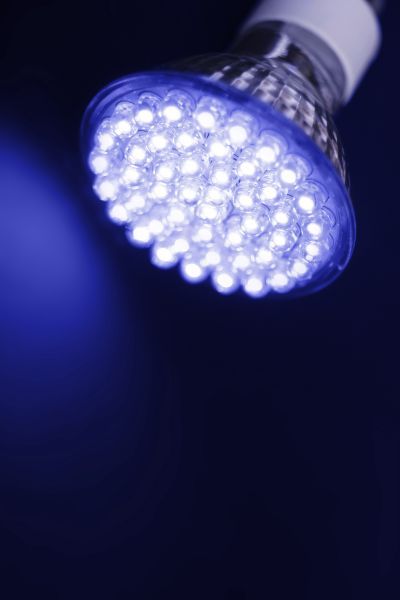This week’s health news spotlight: Innovation

Novel life-changing products and research methods dominated this week in health news: H'andy sana, Peepoo, 210 and using the brain to objectively confirm pain.
These three innovative breakthroughs have the promise to change the way individuals can communicate their health and well-being via modern technology.
H'andy sana 210
The H'andy sana 210, tagged as a "doctor in your pocket" is the first telemedicine device that allows a heart patient to remotely monitor their heart by recording a real-time ECG (electrocardiogram), send it to a health professional that can also function as a regular smartphone. A user just needs to press "two fingers on the phone's edges for 30 seconds, patients will be able to take an ECG reading of their heart's rhythm at any place and at any point of time." The device also offers an emergency service where the ECG would be sent to medical experts for immediate (2-3 minute) analysis and diagnosis. Europeans can expect to find the H'andy sana 210 at comparable prices to the iPhone sometime between August and November. http://www.handy-sana.com
Peepoo
The Peepoo is an anytime on-the-go toilet created to give the world's poorest people a single-use, self-sanitizing and biodegradable mobile toilet. Cholera, a devastating disease, is transmitted via poor sanitation practices; the implementation of the Peepoo could alleviate this global health burden. The Peepoo is essentially a slim biodegradable plastic bag (14 x 38 cm) with separate, green gauze lining (26 x 24 cm), similar in shape to a single wine bottle bag. It weighs less than 10 grams and odor-free up to 24-hours after use; and is giving "2.6 billion people their own toilet and a brand new future." http://www.peepoople.com
Analysing fMRI to make pain visible
Tara Renton, professor of oral surgery at King's College London Dental Institute, "has used an alternative way of analyzing fMRI [functional magnetic resonance imaging] scans called arterial spin labeling (ASL) to measure how much oxygenated blood is flowing through particular areas." Renton described the findings at King's College London on 24 February and said the ASL technique is the first objective measure of ongoing pain intensity. Renton and fellow researchers analyzed the brains of 16 male dental patients who just had their wisdom teeth removed and the results showed specific areas of the brain fired up in direct relation to the pain described by said patients. http://www.newscientist.com/article/mg20527503.400-the-brain-scanner-that-feels-your-pain.html?full=true
Subscribe to Independent Premium to bookmark this article
Want to bookmark your favourite articles and stories to read or reference later? Start your Independent Premium subscription today.

Join our commenting forum
Join thought-provoking conversations, follow other Independent readers and see their replies